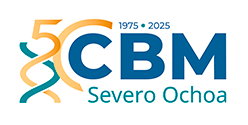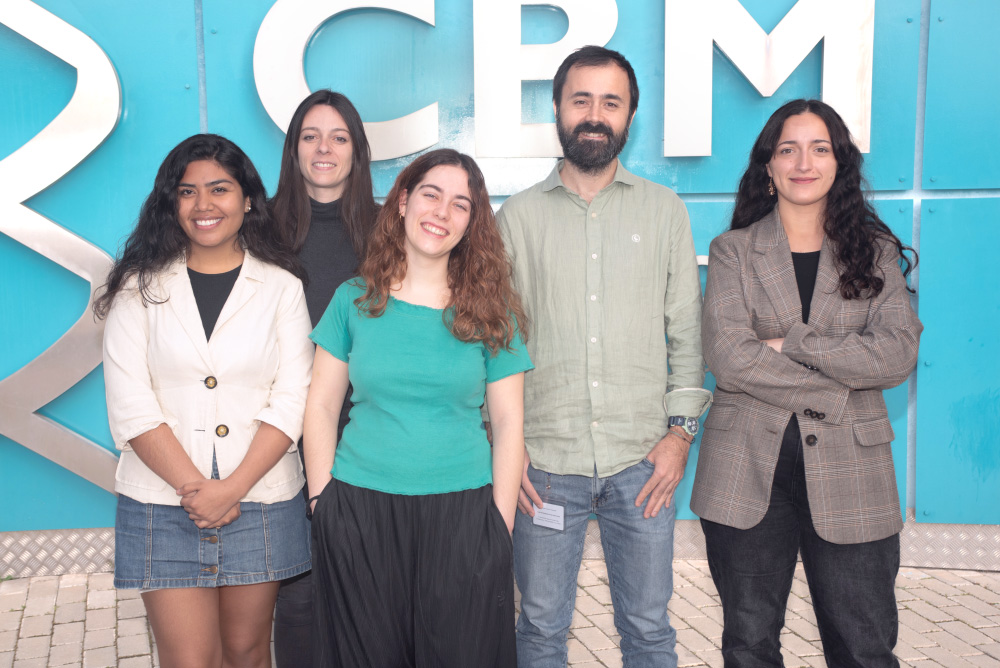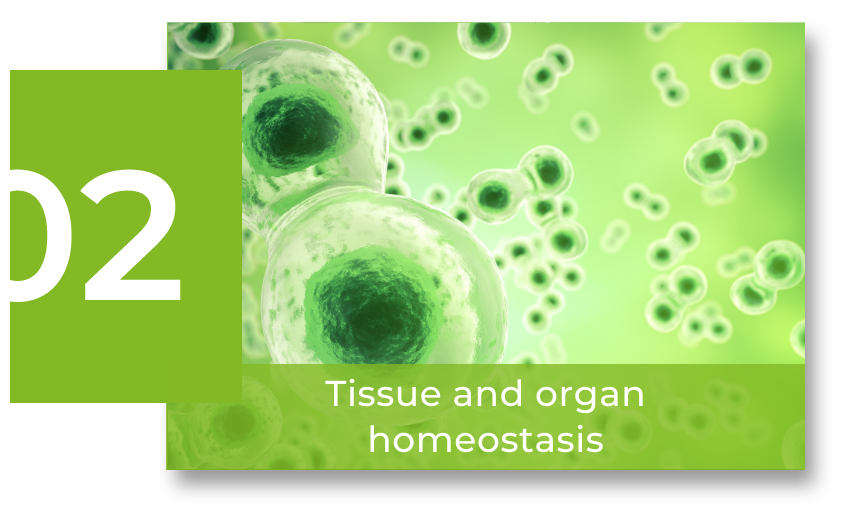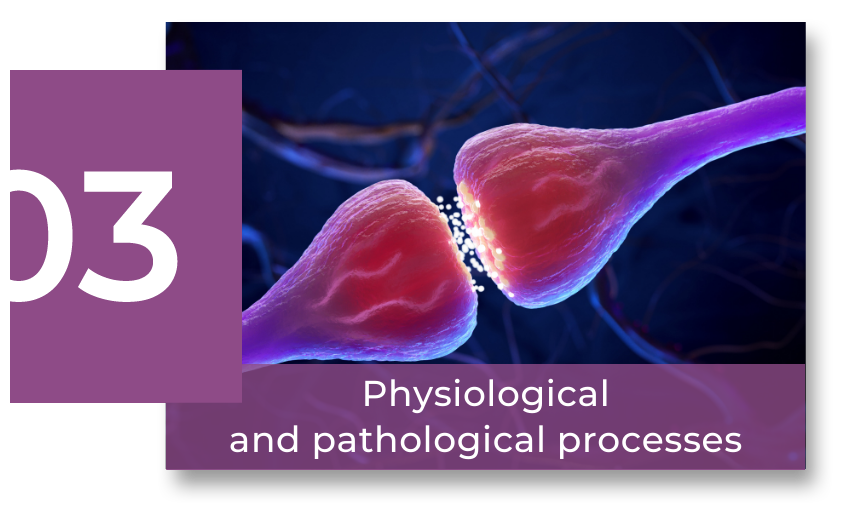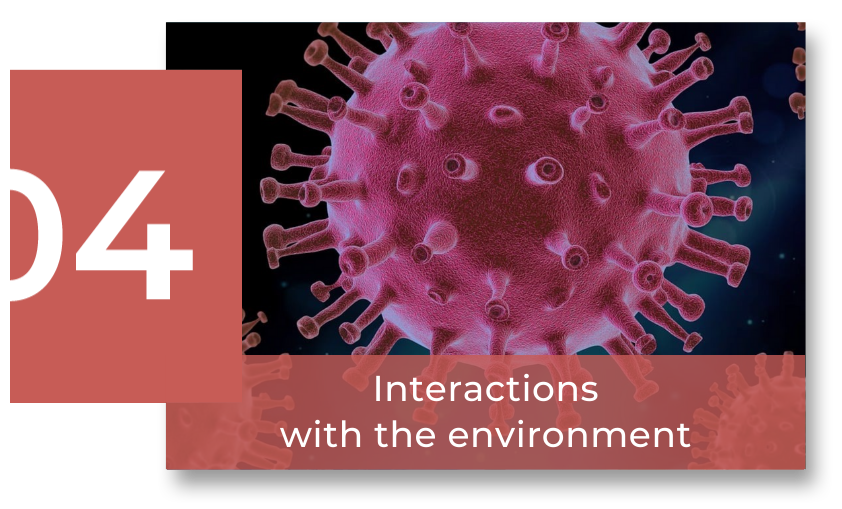Scientific Program
Genome dynamics and function
RESEARCH GROUP
Dynamic and recycling of the transcriptional machinery across mitosis.

Carlos Perea Resa
Mitosis is key process in biology as it generates the proper number and diversity of cells to form a complex organism. Chromosomes, organelles, proteins and RNAs are transmitted from mother to daughter cells making of mitosis an opportunity to selectively transfer factors and switch the fate of daughter cells. We aim to understand the inheritance of the transcriptional machinery across mitosis in symmetric and asymmetric cell divisions and in early embryo development.
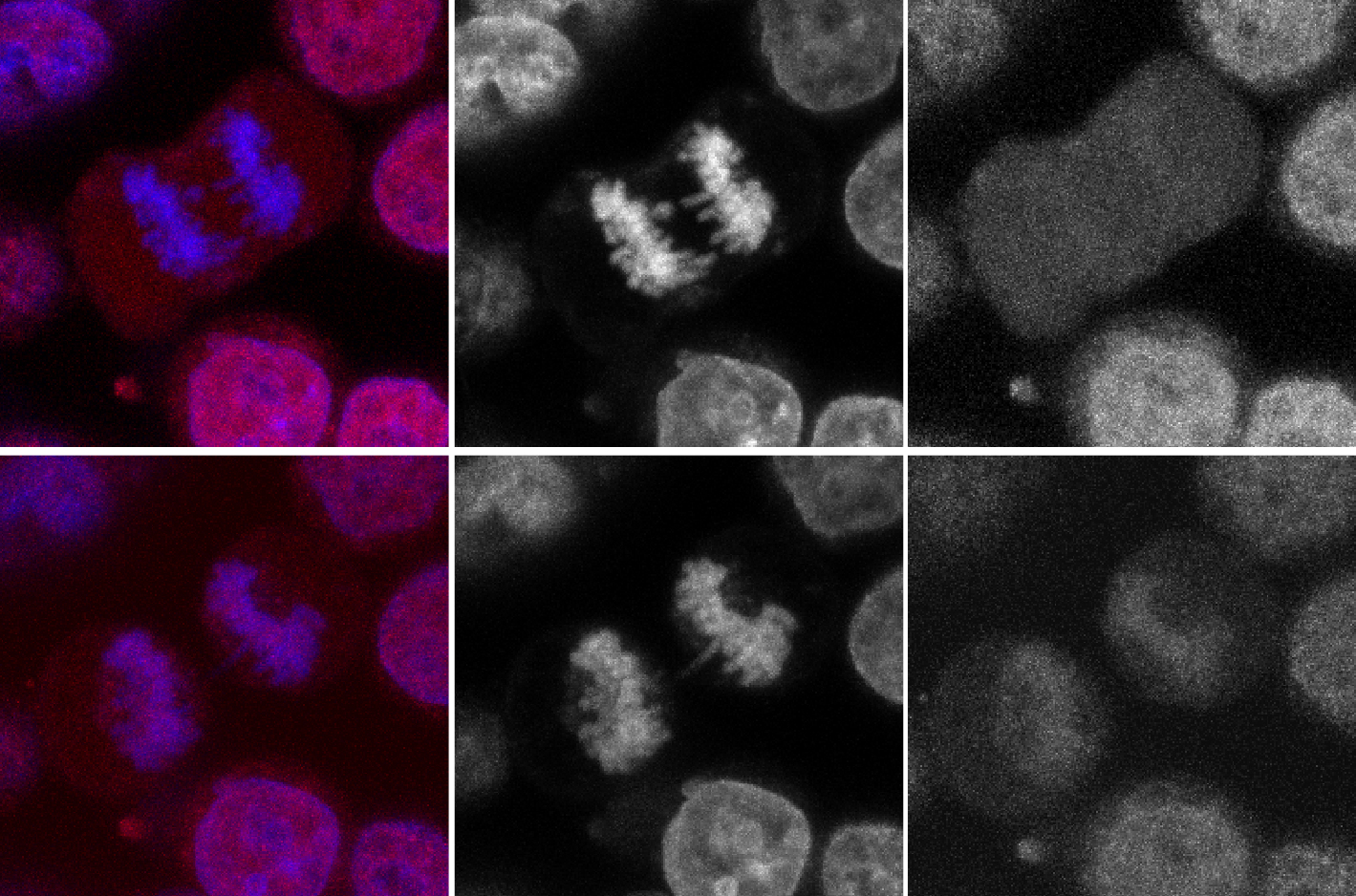
Research
One of the most exciting aspects of our biology is the fact that all our cells share the same genetic information (handbook). The differential reading of this info is key to generate the diversity of cell types during the developmental program of a complex organism. In this frame, the transcription of DNA into RNA constitutes the first stage of that reading and is essential to establish differential gene expression patterns defining the distinct cell lineages. In addition to transcription, the process of mitosis is fundamental to obtain the precise number of cells to build a whole organism while the establishment of most of the cell lineages required the passage of cells through mitosis. Interestingly, transcription is widely silenced during mitosis due the release of RNA polymerases and transcription factors from the condensing chromatin. Once mitosis ends, transcription restart immediately to guarantee the viability and identity of daughter cells. The mechanisms behind transcription restart following mitosis are poorly understood. How daughter cells remember the transcriptional program of the mother or/and how those programs rewire during development are mostly unknown. In our laboratory we aim to answer these questions using the culture of mammalian cells as a model.
One of our goals is to understand the dynamic and recycling of the RNA polymerase 2, the enzyme transcribing all protein coding genes in eukaryotes, and the associated complex named Cohesin. In parallel, we investigate the potential implication of these processes in the etiology of developmental diseases as cohesinopathies. By combining the use of cell culture, genomic and proteomic approaches, CRISPR technology and live cell microscopy, we aim to understand how the transcriptional machinery works across the challenge of mitosis with the hope to understand how gene expression and cell division coordinates during development.
Group members

Carlos Perea Resa
Lab.: 409/415.1 Ext.: 4496
carlos.perea(at)cbm.csic.es

Aida Contreras Pérez
Lab.: 409 Ext.: 4611
aida.contreras(at)cbm.csic.es
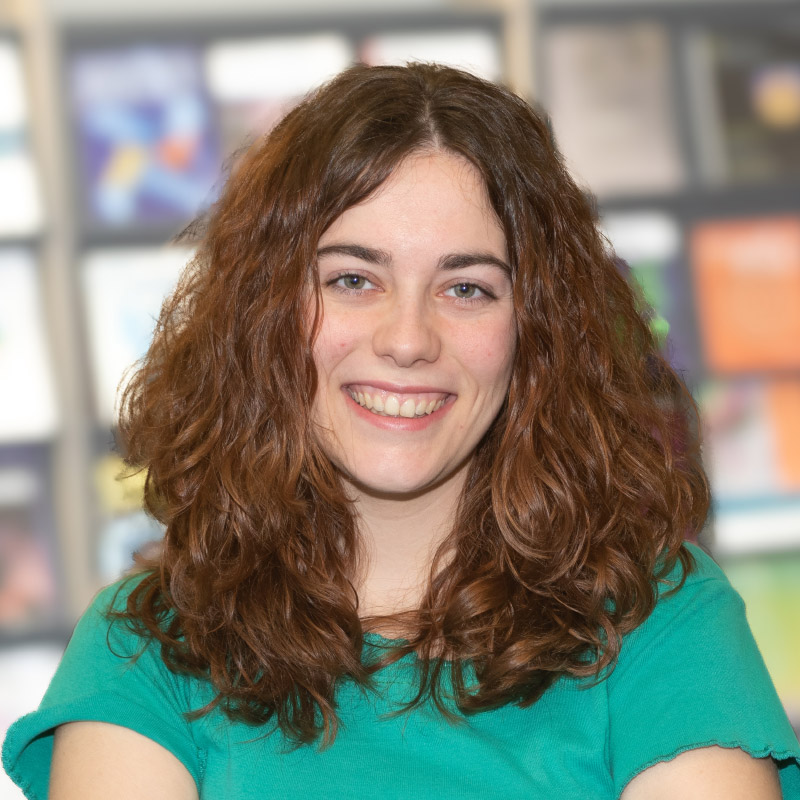
Estrella Isabel Sayago Pachón
Lab.: 409 Ext.: 4611
esayago(at)cbm.csic.es
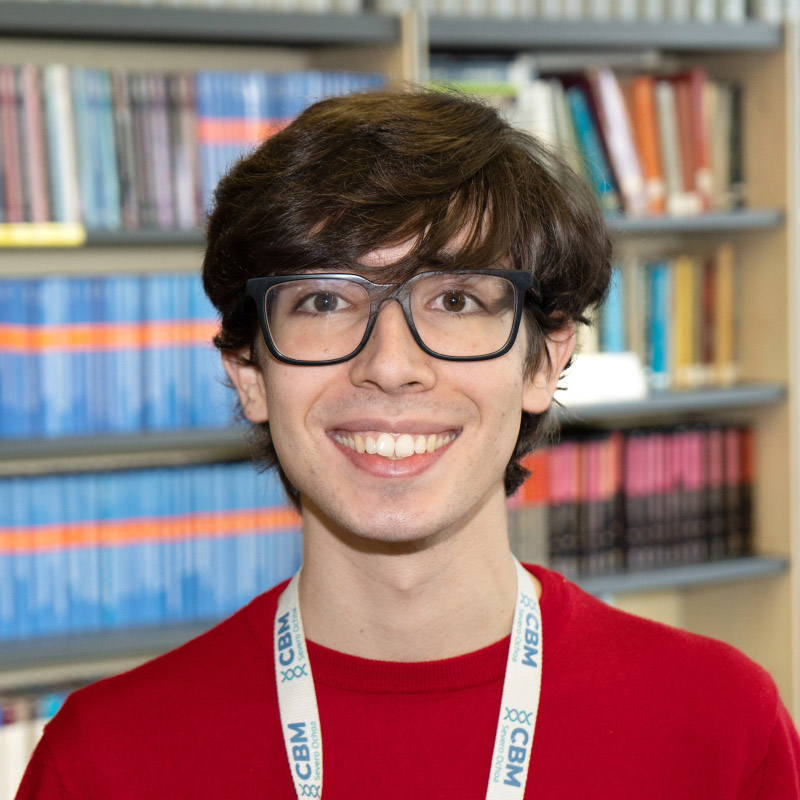
Héctor Espinosa Sánchez
Lab.: 409 Ext.: 4463
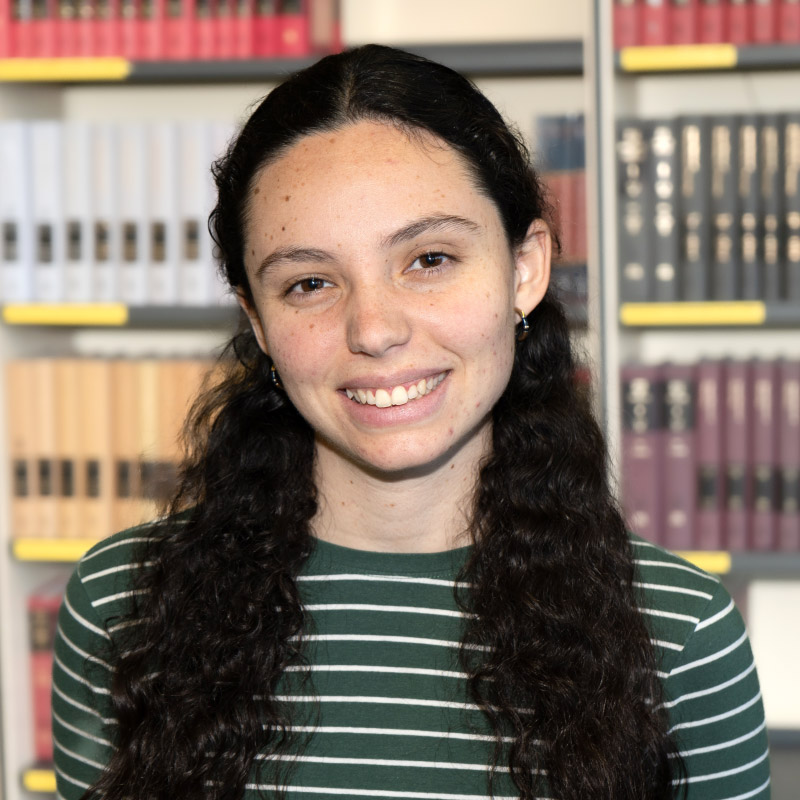
Marta Arjona Blanco
Lab.: 126 Ext.: 4529
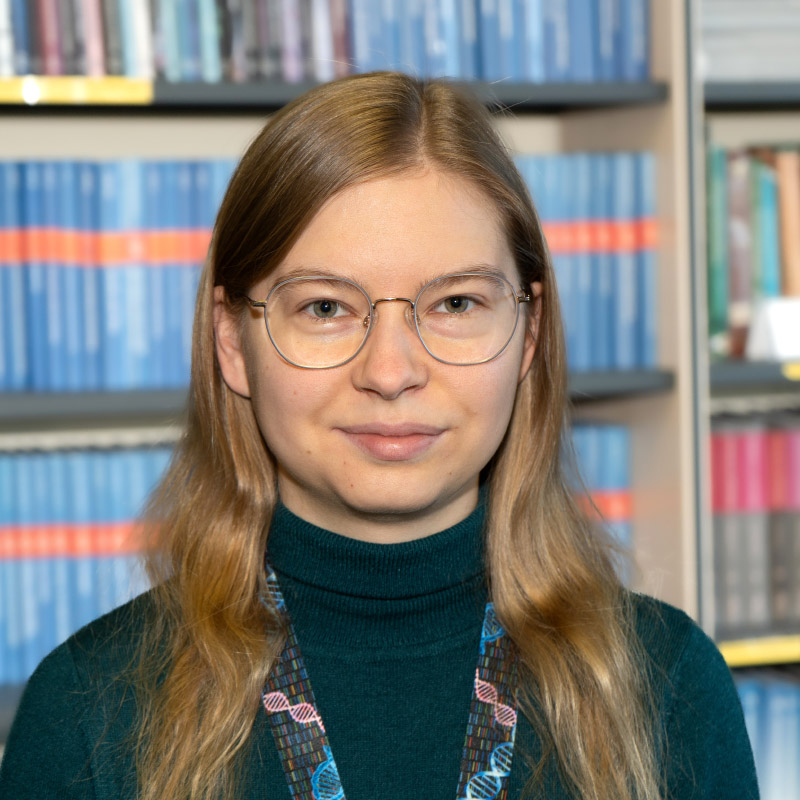
Karolina Krupa
Lab.: 409 Ext.: 4496

Claudia Ferrandiz Torrego
Lab.: 409 Ext.: 4496

Teresa de la Morena Zurdo
Lab.: 409 Ext.: 4496
Selected publications
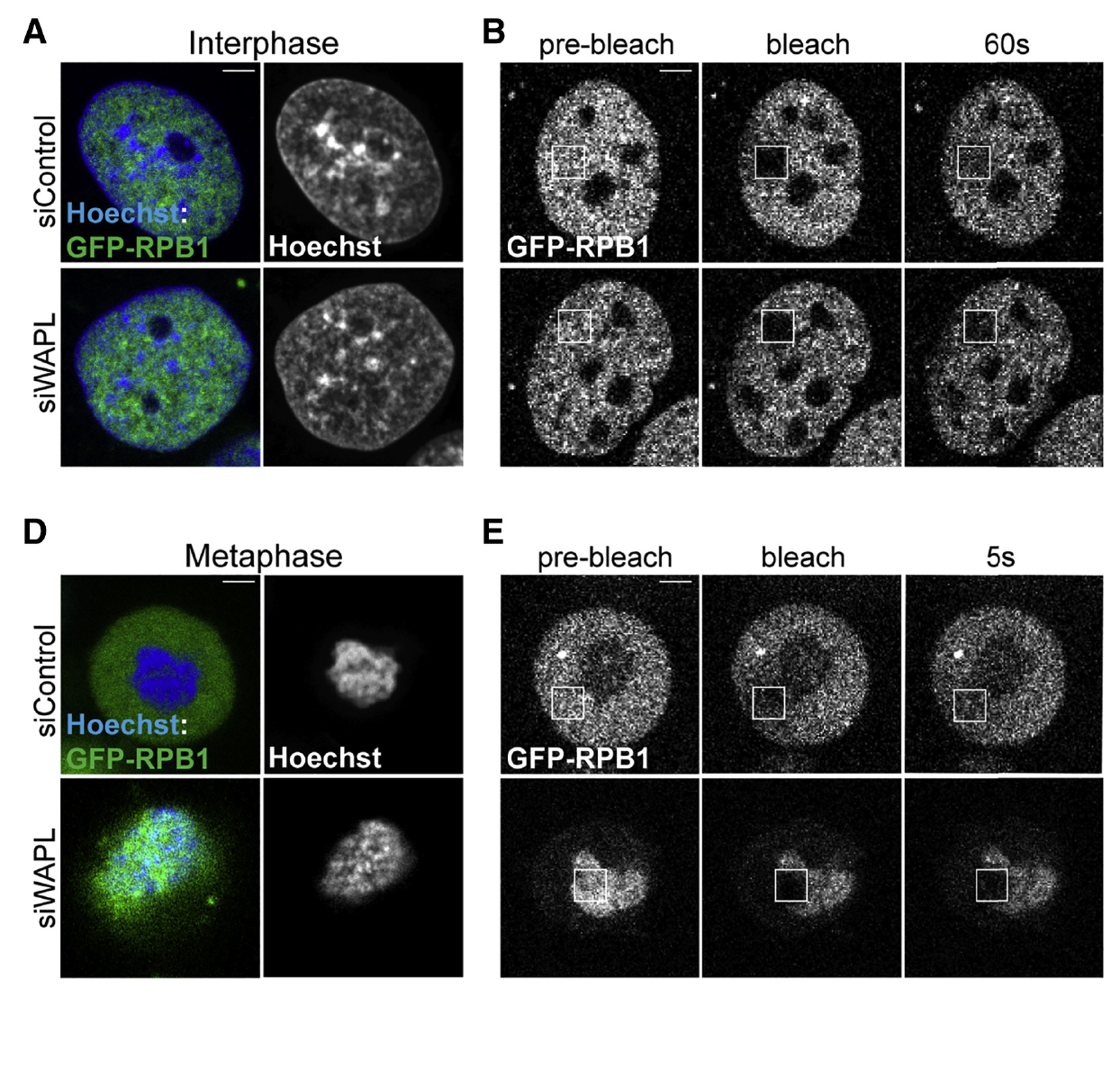
Cohesin Removal Reprograms Gene Expression upon Mitotic Entry
Carlos Perea-Resa et al.
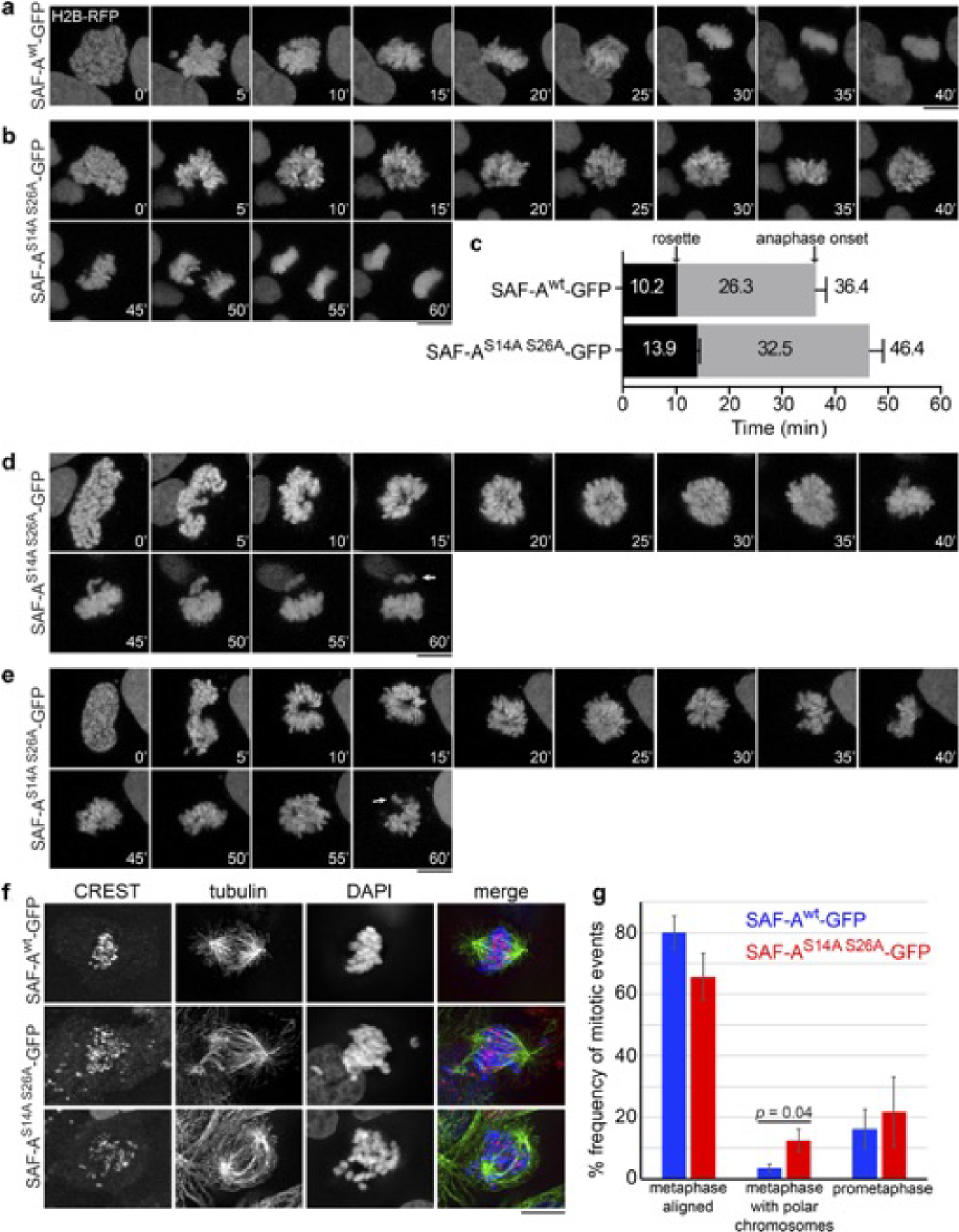
Cell division requires RNA eviction from condensing chromosomes
Judith A Sharp et al.
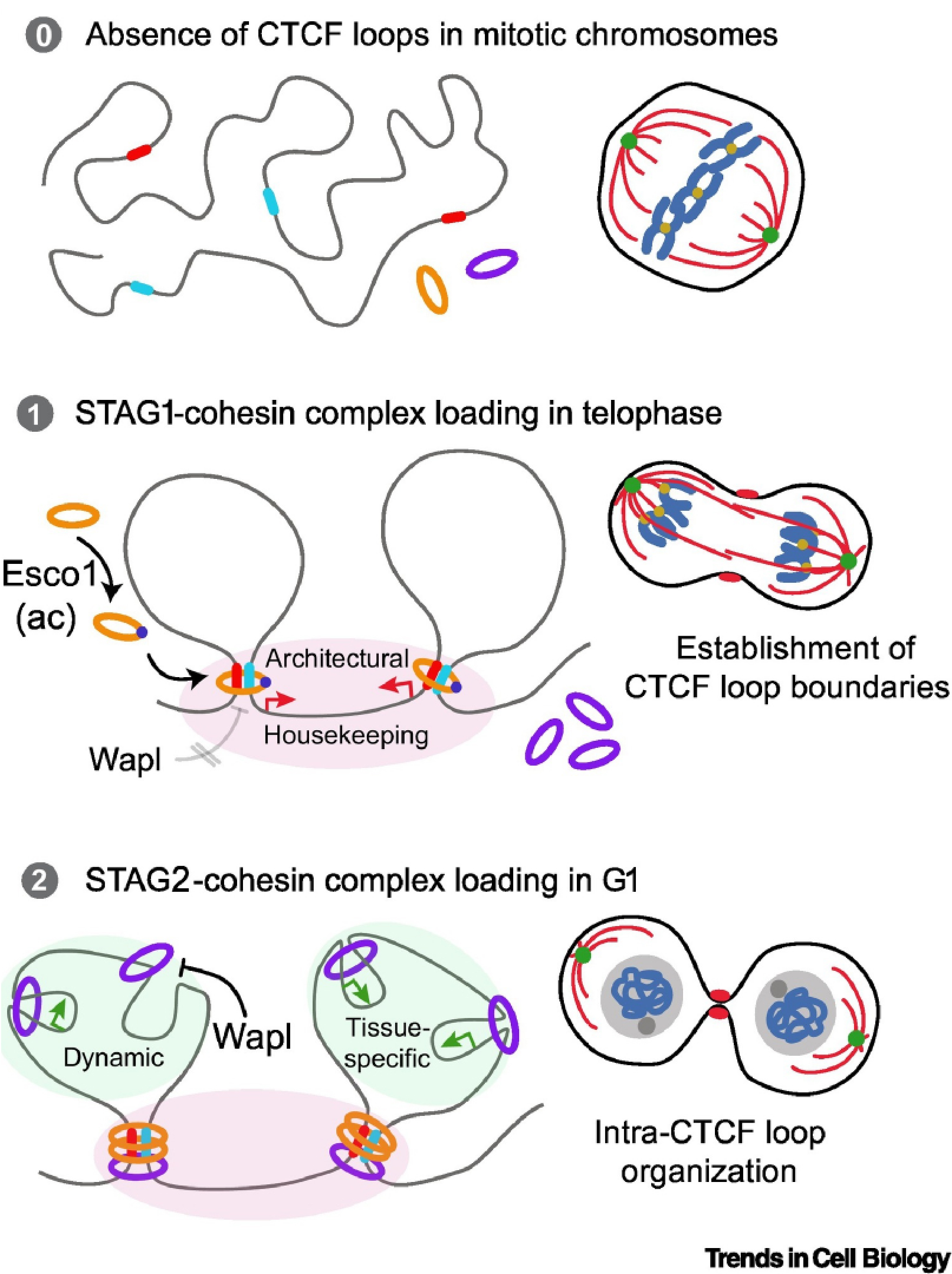
Cohesin: behind dynamic genome topology and gene expression reprogramming
Carlos Perea-Resa et al.
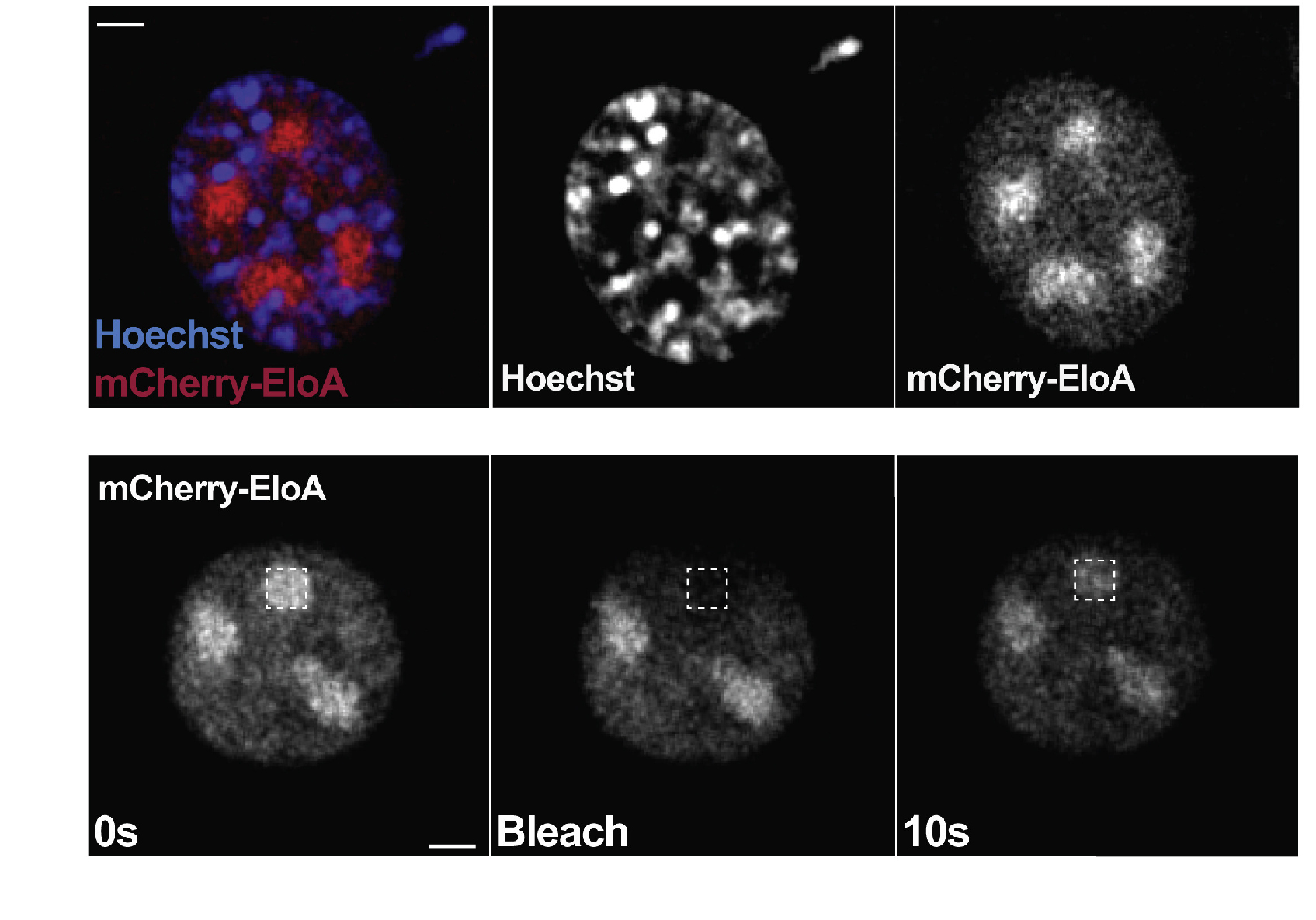
Elongin A associates with actively transcribed genes and modulates enhancer RNA levels with limited impact on transcription elongation rate in vivo
M Behfar Ardehali et al.
